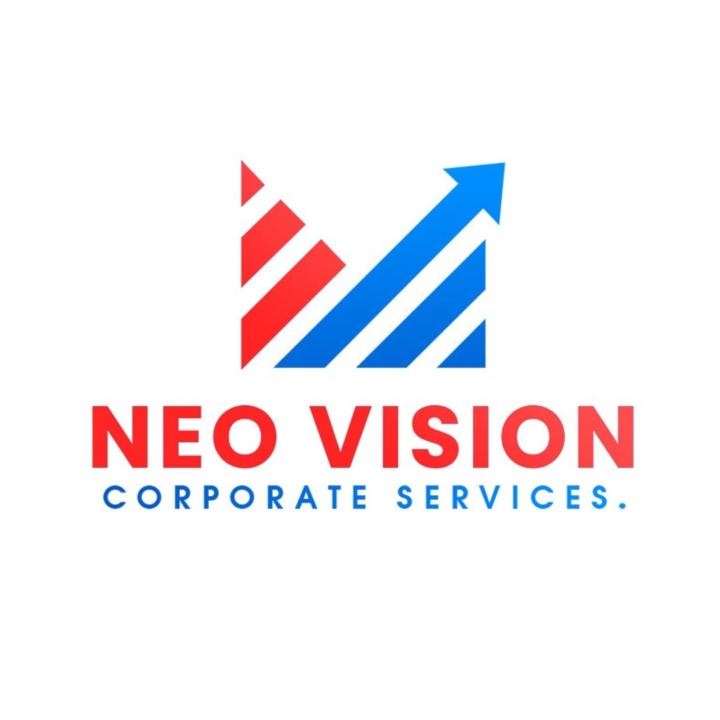Notifications

7 minutes, 3 seconds
-13 Views 0 Comments 0 Likes 0 Reviews

Navigating company formation in Dubai can seem like a complex maze of regulations, paperwork, and approvals. However, with the right guidance, this process transforms from a bureaucratic challenge into a streamlined business opportunity. Dubai, a city known for its robust infrastructure, tax advantages, and global connectivity, continues to attract entrepreneurs from every corner of the world. This article walks through each essential phase of forming a company in Dubai—simplified, demystified, and explained in logical order.
Understanding the Dubai Business Landscape
Dubai offers a dynamic and well-regulated environment for businesses. The emirate is divided into three primary jurisdictions: Mainland, Free Zone, and Offshore. Each zone offers unique benefits and limitations tailored to different business models. The Mainland allows companies to operate anywhere in the UAE, while Free Zones offer 100% foreign ownership and simplified customs processes. Offshore jurisdictions cater to businesses focused on international trade or asset management, with privacy and minimal taxation.
Choosing the Right Jurisdiction
Selecting the appropriate jurisdiction depends on the nature and scope of your business. For example, if you plan to trade directly within the UAE market, Mainland is the ideal choice. If your business relies heavily on imports, exports, or tech development, Free Zones such as Dubai Internet City or JAFZA provide ideal ecosystems. Offshore setups like RAK ICC or JAFZA Offshore are preferred for holding companies or international operations without onshore activity.
Deciding on the Legal Structure
Once the jurisdiction is selected, the next step is choosing a legal structure. Common business entities include Sole Establishment, Limited Liability Company (LLC), Branch Office, and Free Zone Company. An LLC is the most popular choice for those seeking flexibility and access to the local market, requiring a minimum of one and a maximum of 50 shareholders. Free Zone companies offer easy formation but are limited to operating within their zone or internationally, unless a local distributor is appointed.
Trade Name Reservation and Initial Approvals
Reserving a unique trade name is a crucial step in the incorporation process. The name must not conflict with existing entities and should reflect the business activity. After submitting the trade name application to the Department of Economic Development (DED) or relevant Free Zone Authority, initial approvals for the business activity must be obtained. This stage also includes a security clearance, ensuring the business and its shareholders meet regulatory standards.
Drafting the Memorandum and Articles of Association
Legal documentation forms the backbone of any company. For an LLC, this means drafting a Memorandum of Association (MoA) outlining the responsibilities and profit-sharing agreements between shareholders. Free Zone companies are also required to submit Articles of Association (AoA) tailored to their internal governance. These documents must be notarized, and in some cases, translated to Arabic for governmental processing.
Choosing a Business Location and Securing a Lease
Every business in Dubai must have a physical address. Whether leasing an office in the Mainland or selecting a flexi-desk in a Free Zone, location plays a critical role in licensing. Free Zones typically offer scalable workspace options, while Mainland businesses must lease through DED-approved facilities. Once the tenancy contract is signed, an Ejari (official registration of the lease) must be obtained, especially for Mainland entities.
Applying for the Business License
The type of license you apply for—Commercial, Industrial, or Professional—depends on your primary business activity. The license application is submitted to either the DED or the relevant Free Zone authority. Additional approvals may be required from sector-specific bodies such as the Dubai Municipality, KHDA (for education), or DHA (for healthcare). Most Free Zones offer bundled packages that include licensing, visa quota, and office space.
Visa Applications for Investors and Employees
Once the company is licensed, the next step involves securing residency visas. The process begins with an establishment card, followed by investor or partner visa applications. Business owners can also sponsor employees, whose visa quotas depend on office size and license type. Visa processing includes medical testing, Emirates ID registration, and UAE residence stamping.
Opening a Corporate Bank Account
Opening a corporate bank account is often one of the most time-intensive steps in company formation in Dubai. Banks require a comprehensive profile of the business, including a business plan, utility bills, passports, and in some cases, reference letters. Each bank has its compliance protocol, and timelines may vary. Choosing the right bank depends on your business volume, currency needs, and online banking requirements.
Staying Compliant and Renewing Licenses
After formation, regulatory compliance is key to business continuity. Annual audits (for certain Free Zones), license renewals, and employee visa renewals must be handled proactively. Failure to comply can result in penalties or business suspension. Some Free Zones also require periodic economic substance reporting and Ultimate Beneficial Owner (UBO) declarations.
Conclusion
Dubai’s business-friendly policies, strategic location, and vibrant ecosystem make it a prime destination for global entrepreneurs. With clear steps and expert support, company formation in Dubai can be both seamless and rewarding. Whether you’re a first-time founder or expanding your global presence, establishing your company in this thriving metropolis opens doors to innovation, growth, and long-term success.

